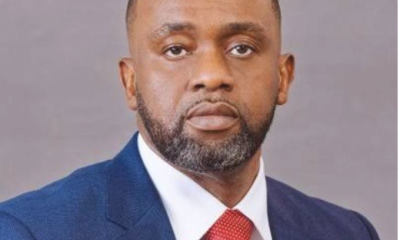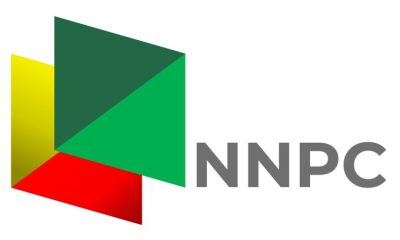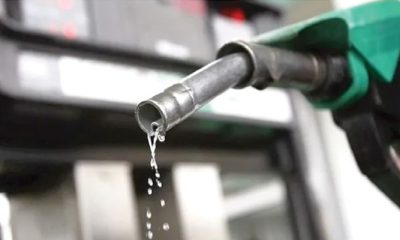National
Finally, NNPC Makes Big Confession On Financial Stress

The Nigerian National Petroleum Corporation Limited (NNPC Ltd.) has acknowledged its significant financial challenges, admitting that mounting debts to petrol suppliers are straining the company’s ability to maintain a stable fuel supply across the country.
In a press release dated September 1, 2024, the NNPC revealed that these financial pressures are jeopardizing the sustainability of fuel distribution nationwide, raising concerns about potential long-term fuel scarcity.
NNPC Ltd. stated that it remains committed to its role as the supplier of last resort, in line with the Petroleum Industry Act (PIA), ensuring national energy security despite the financial challenges. The company is actively working with government agencies and stakeholders to mitigate the impact of these financial challenges and maintain a consistent supply of petroleum products.
This admission follows months of public speculation and criticism over the NNPC’s financial health and its role in the ongoing fuel scarcity that has gripped the nation for over two months. According to exclusive reports gotten from Vanguard, NNPC’s debt to international fuel suppliers had reached alarming levels, leading suppliers to halt deliveries until the corporation clears a substantial portion of its outstanding obligations.
NNPC Ltd.’s recent financial disclosures have only added to the public’s concerns. The company previously announced a net profit of ₦3.3 trillion for 2023, raising questions about the seeming disconnect between its reported profitability and the current financial crisis.
Despite these profits, the corporation has admitted to using its revenue to cover subsidy shortfalls that the Federal Government has failed to pay, casting doubt on the true state of its finances.
The situation is further complicated by a press release issued by NNPC on August 18, 2024, in which the company denied owing $6.8 billion to international oil traders, labeling the amount as “obligations” rather than outright debt. NNPC explained that in the oil trading business, transactions are often conducted on credit, making it normal for such obligations to exist. The company emphasized that it is fulfilling these obligations on a first-in-first-out (FIFO) basis and has not defaulted on any payments.
Additionally, NNPC refuted claims that it had not remitted revenues to the Federation Account since January 2024. The corporation clarified that it regularly remits taxes to the Federal Inland Revenue Service (FIRS) and contributes significantly to the Federation Account Allocation Committee (FAAC) through various tax payments, including the Road Investment Tax Credit Scheme.
Despite these clarifications, the public remains skeptical, with many Nigerians questioning the NNPC’s transparency and the government’s management of the nation’s fuel supply. The ongoing financial strain has fueled suspicions that the corporation may be paving the way for another hike in fuel prices, as it struggles to balance its obligations with the need to sustain fuel imports.
As the NNPC grapples with its financial challenges, many Nigerians are looking to alternative solutions, such as the Dangote Refinery, which is set to commence operations soon, as a potential savior for the country’s fuel supply issues. However, GWG.ng reports that, with the NNPC’s financial woes deepening and the Federal Government’s role under scrutiny, the road to resolving Nigeria’s fuel crisis remains uncertain.
Send Us A Press Statement Advertise With Us Contact Us
And For More Nigerian News Visit GWG.NG















